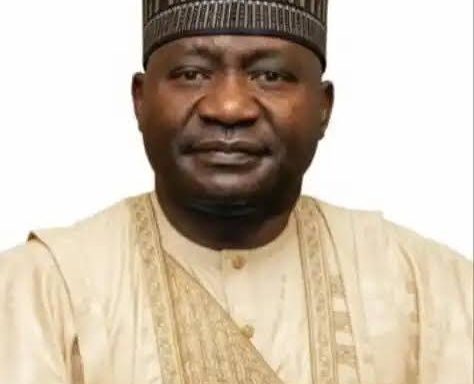The Nigeria’s Presidency has denied alleged attempts to force Group Chief Executive Officer (GCEO) of Nigeria National Petroleum Company (NNPC) Limited, Bayo Ojulari, to sign his resignation letter.
This rebuttal comes amid reports that the Economic and Financial Crimes Commission (EFCC) and the Department of State Services (DSS) allegedly forced Ojulari to sign his resignation letter.
Join our WhatsApp ChannelPrime Business Africa reports that in a statement released on 27 June titled “Coordinated Sabotage Campaign Against NNPC Limited’s Leadership” the national oil firm claimed that there were attacks on its leadership aimed at bringing it down. It said the attacks were being sponsored by actors, both outside and within various levels of the organisation, “spreading lies and misinformation simply to discredit NNPC Ltd.’s leadership and derail the organisation’s ongoing transformation into a corruption-free, performance-driven energy company.”
READ ALSO:
- Nigerians Demand Accountability As NNPC Reverses Port Harcourt Refinery Sale Decision
- Lawmakers Demand Clarity on ₦210 Trillion NNPCL Audit Discrepancies
- NNPC Revenue Drops By 23.9% Amid Global Oil Market Volatility
It would be recalled that President Bola Tinubu appointed Ojulari in early April as NNPC GCEO after the removal of the predecessor, Mele Kyari, from office.
Reports of alleged attempts to force the NNPC GCEO out of office have sparked tension.
While some pressure groups call on the authorities to investigate allegations of corruption leveled against Ojulari’s leadership, others urged them not to be swayed by antics of forces who want the NNPC boss out of office, halting implementation of the state oil firm’s reforms.
Prime Business Africa gathered that the controversy stems from allegations surrounding a $21 million corruption scandal. Civil society groups, including OilWatch Nigeria and the Workers’ Rights Alliance, called for investigation of the claims, arrest and prosecution of Ojulari.
Some civil rights groups said the antagonism against Ojulari was politically motivated efforts to derail his reform agenda.
Victor Ezeja is a passionate journalist with seven years of experience writing on economy, politics and energy. He holds a Master's degree in Mass Communication.













